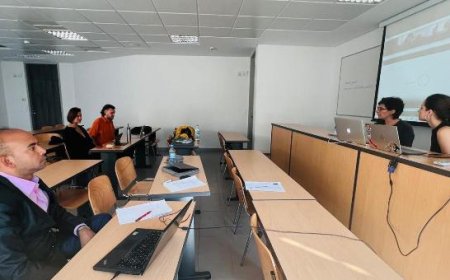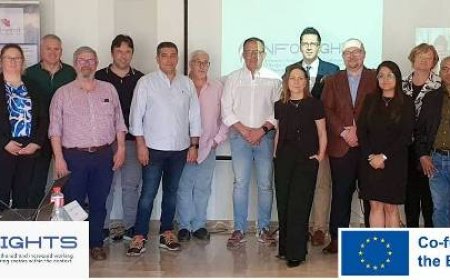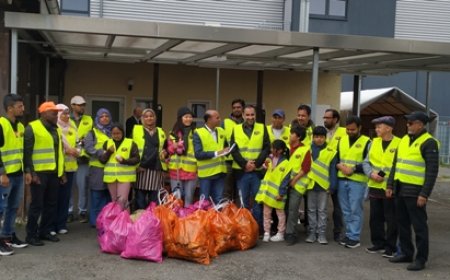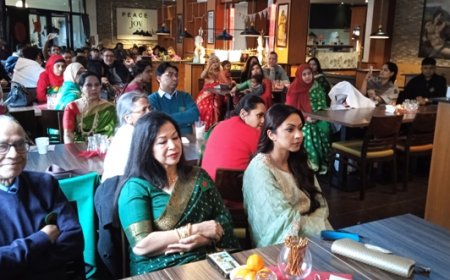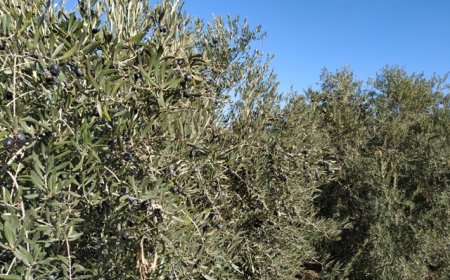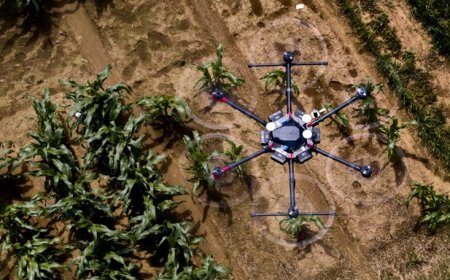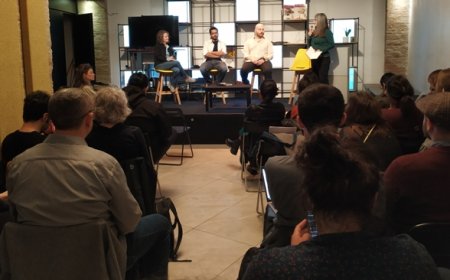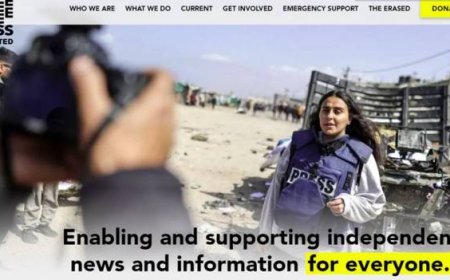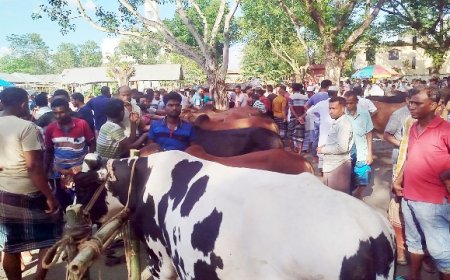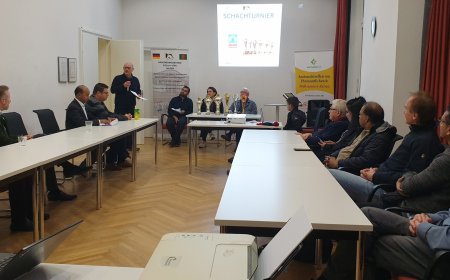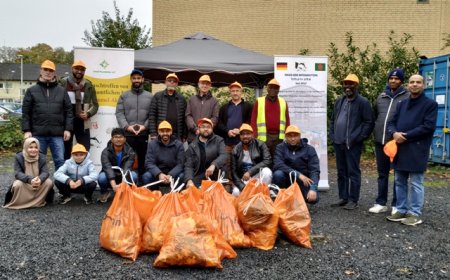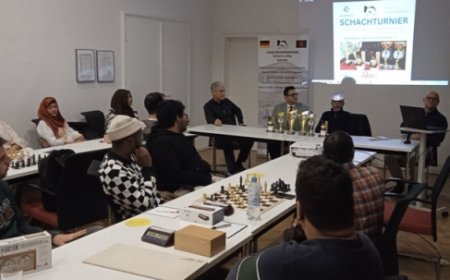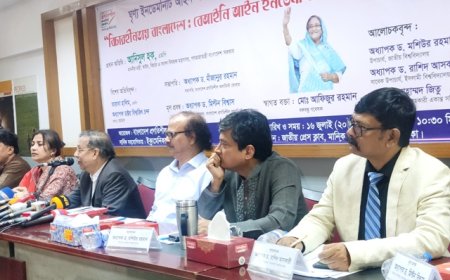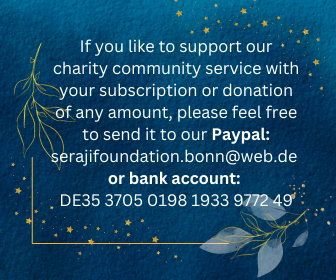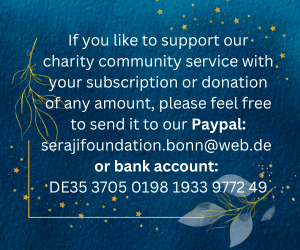Safety Guidelines for Visiting Eid-ul-Adha Cattle Markets
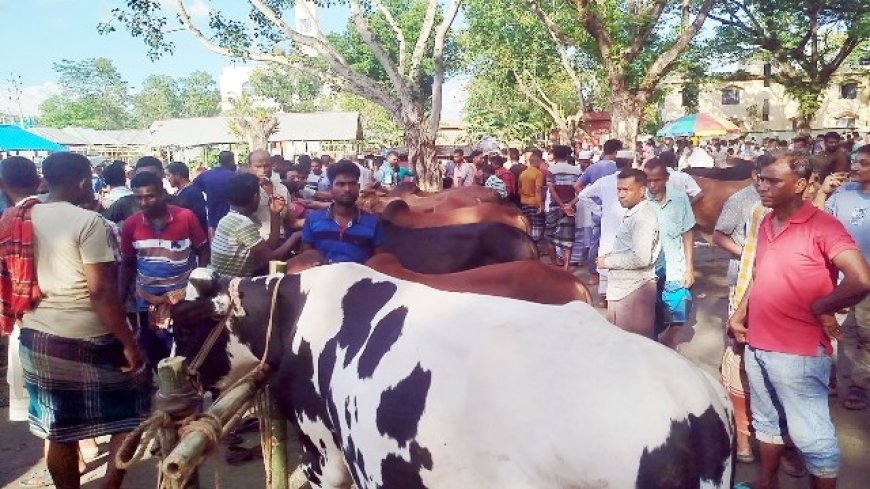
M. Mahadi Hasan
Livestock markets during Eid-ul-Adha are crowded with various animals as well as people, increasing the risk of germs and viruses. Always wear a mask to stay protected. Many people touch animals with their hands to check them before buying. Remember, after touching an animal, do not touch your face, eyes, or any part of your body with the same hand.

To stay free from germs, always carry a hand sanitizer with you and use it when needed. Maintain a safe distance of at least three feet from sellers during price negotiations. Be cautious of broker gangs. Stay alert and avoid falling into their traps. Wear light and breathable clothing when going to the cattle market to stay comfortable in the heat—avoid heavy or thick clothes. Never eat street food while at the market, as this is a time when ‘unconsciousness gangs’ (who drug and rob people) are active and may target your livestock money.
Some aggressive or uncontrollable animals may be present in the market. These animals can break free and attack. So, do not take children, elderly, or sick family members to the market. After returning home from the market, wash your hands, feet, and body thoroughly with soap or disinfectant-mixed water.
Be aware of zoonotic diseases — These are diseases that can transfer from animals to humans, such as Q fever, anthrax, brucellosis, or ringworm. Understanding the risks helps you take better precautions. Avoid close contact with visibly sick animals — If an animal appears weak, has discharge from the eyes or nose, shows abnormal behavior, or has skin lesions, do not touch or buy it, as it may carry infectious diseases.
Wear gloves if possible — When handling animals, especially if inspecting their mouth, hooves, or body, using disposable gloves can help reduce your exposure to harmful bacteria or viruses. Do not handle animal waste barehanded — Animal feces, urine, or blood can be a source of dangerous pathogens. If you come into contact with such materials, wash your hands thoroughly with disinfectant soap.
Vaccinated animals are safer — Ask the seller if the livestock has been vaccinated against common zoonotic diseases. Vaccinated animals are generally less risky. Dispose of animal waste and remains responsibly — After Qurbani, ensure that blood, organs, and waste are disposed of in a sanitary and designated area to prevent environmental contamination and the spread of disease. Keep pets and children away from raw meat and offal — Pets can also be affected by zoonotic pathogens, and children are more vulnerable to infection due to weaker immune systems.
Besides, there ase some Animal Welfare Considerations. Cattle should be treated gently during transportation and slaughter to minimize stress and aggressive behavior, which can affect both animal welfare and meat quality. Employing swift and humane slaughter techniques in accordance with Islamic principles can enhance animal welfare and ensure compliance with ethical standards.While these guidelines are vital for safety, it is also important to recognize that the welfare of the animals involved in the sacrificial process is equally significant. Ensuring humane treatment not only aligns with ethical practices but also contributes to the overall quality of the meat produced during Eid-ul-Adha.
(Author is DVM (final year) Student, Bangladesh Agricultural University, Mymensingh)
What's Your Reaction?








